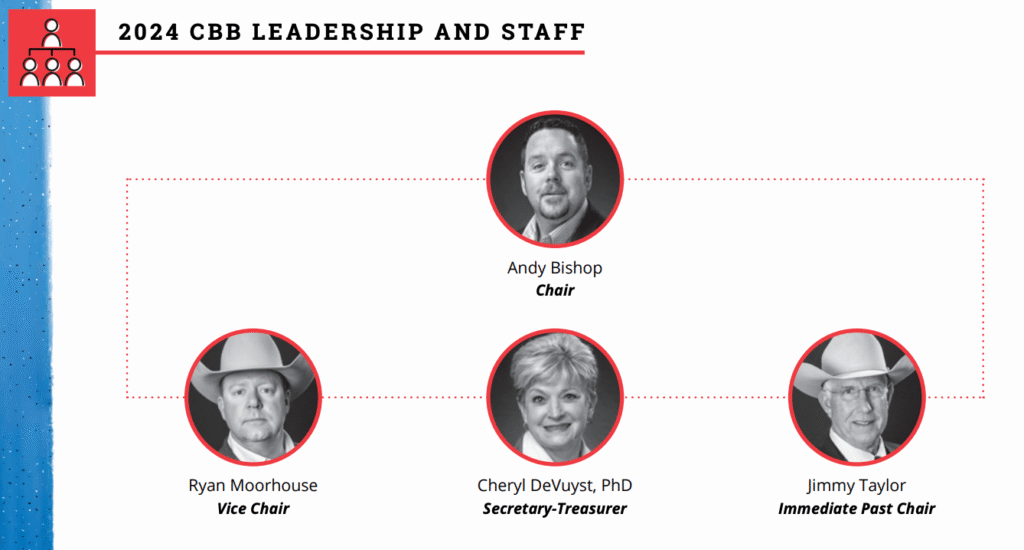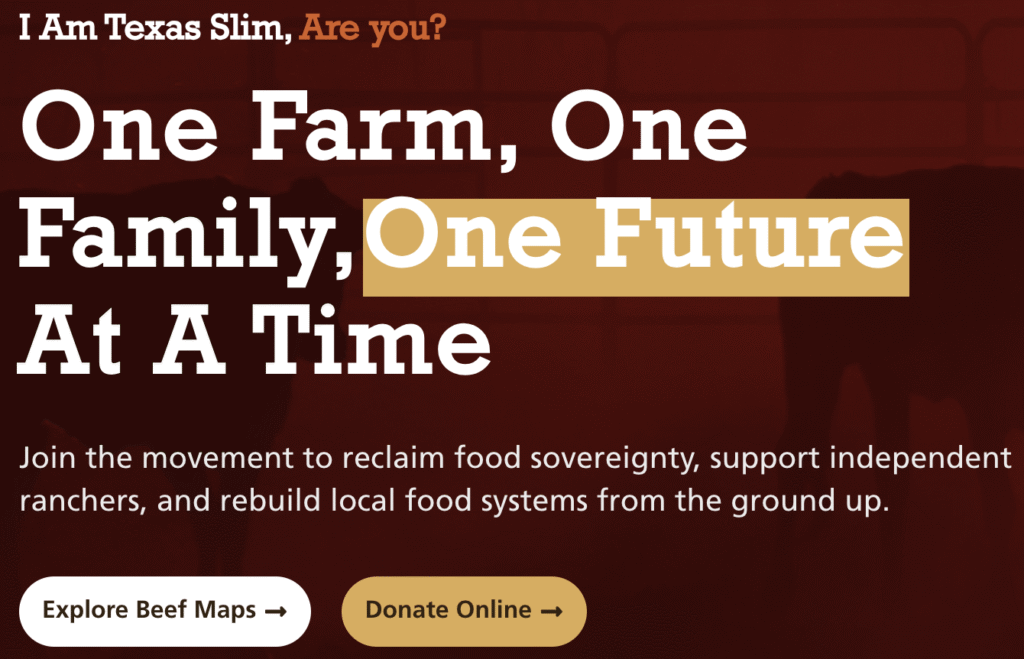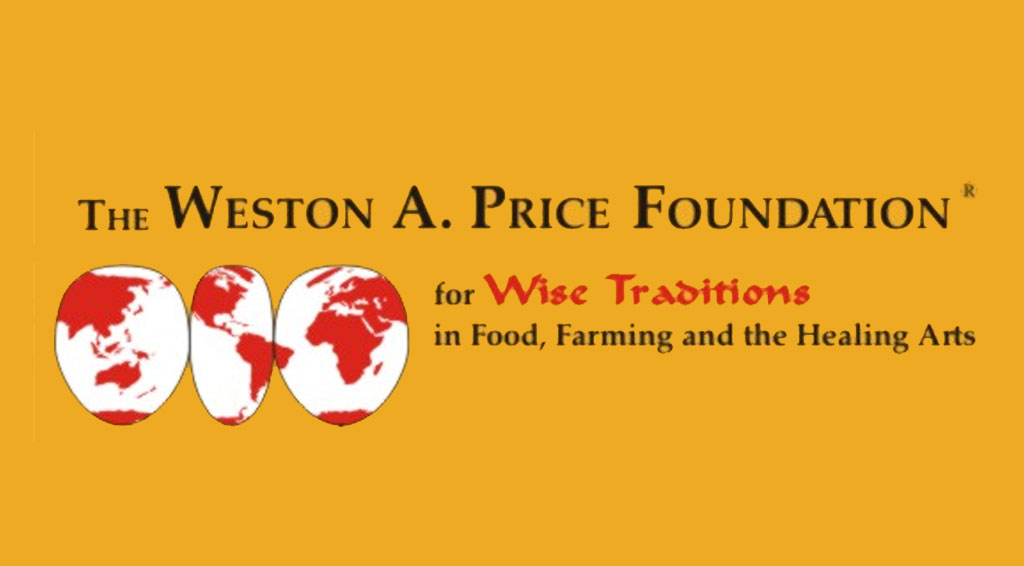Under federal law, every U.S. cattle producer is required to pay $1 per head into the Beef Checkoff, a national program originally designed to promote beef for the benefit of all ranchers. But today, nearly two-thirds of that $38 million annual fund flows straight into the hands of a single organization: the National Cattlemen’s Beef Association (NCBA)—a trade group aligned with Big Four packers like JBS, Cargill, National Beef and Tyson.
How? By controlling the very committee that decides where the money goes.
This is the story of a federally sanctioned feedback loop, where the people who write the checks are the same ones cashing them—and the independent rancher is left with nothing but the bill.

$1 Per Head, No Say
The Beef Checkoff was created under 7 U.S.C. § 2901 et seq., administered by USDA and managed by the Cattlemen’s Beef Board (CBB). Its funding is allocated by the Beef Promotion Operating Committee (BPOC)—a 20-member board split evenly between USDA-appointed CBB members and state-nominated reps from the Federation of State Beef Councils (FSBC).
But in 1996, NCBA acquired the FSBC, giving it functional control over 10 of the 20 seats that vote on contract awards. The result: NCBA effectively dominates the very board that awards itself millions in contracts.
According to NCBA’s own 2024 Federation Annual Report, these FSBC members include:
- Dan Gattis (TX) – FSBC Chair, NCBA Policy Committee
- Nancy Jackson (MS) – FSBC Vice Chair, NCBA affiliate
- Chuck Coffey (OK) – NCBA Regional Director and MCOOL lobbyist
- John Scanga (CO) – NCBA research liaison
- Plus 6 more, all with NCBA financial or political ties
On the USDA-appointed side, the CBB’s Ryan Moorhouse served on NCBA’s board while managing Hartley Feeders, a Five Rivers operation that supplies to packers.
This isn’t regulatory capture. It’s structural capture.


Contracts Approved by the Beef Cartel

In FY2024, the Checkoff disbursed $37.1 million in program expenses:
- $22.3M to promotion
- $14.8M to research
- And $25.4 million to NCBA-led projects
While NCBA’s direct compensation is listed as just $737,913, this grossly understates the reality. NCBA receives the lion’s share of contract awards through reimbursement, subcontracting, and pass-through ARs (Authorization Requests)—all approved by a board they control.
This isn’t a new pattern:
- In 2005, NCBA received 87% of all Checkoff funds
- In 2023–2025, they’ve consistently captured 65%+, per AMS summaries
State councils—also under NCBA’s umbrella—add another $8.3M in state supplements, creating a closed-loop system where Checkoff dollars recycle back to NCBA and its affiliates.
Meanwhile, no funding goes to groups advocating for reforms like Mandatory Country of Origin Labeling (MCOOL)—which NCBA helped repeal in 2015 after suing to block it in 2013.
“Philip Ellis, president of the Denver-based National Cattlemen’s Beef Association, said repeal of COOL was one of several victories for cattlemen and woman that were contained in the omnibus.” – Food Safety News
Even today, NCBA’s 2025 Policy Book explicitly opposes MCOOL and audits that would expose their fund control.

Zero Oversight, Decades of Containment
In over 30 years of Checkoff operations, not a single prosecution has occurred for misuse of funds—even when the 2010 USDA OIG audit found over $200,000 in improper NCBA expenses, including lobbying and overseas trips.


R-CALF filed multiple complaints in 2013, demanding suspension of NCBA’s contracts. The USDA’s response? Delay and deferral.
Despite findings that NCBA failed to maintain separate accounts for lobbying vs. promotional activities, the 2024 audit minutes declared “no material noncompliance.”
And yet:
- No raw BPOC voting records are made public
- FOIA requests yield redacted minutes
- Key leadership bios vanish from NCBA.org after each election cycle
“This isn’t promotion. It’s a protection racket, run with government approval.”
— Texas Slim, President, I Am Texas Slim Foundation 501c3

The USDA Layer: Oversight, Appointments—and the Quiet Door to the Packers
Under 7 U.S.C. § 2904, USDA is legally prohibited from placing employees on the CBB or BPOC. The board must be producer/importer-led, with members nominated by industry groups and appointed by USDA. These appointments are procedural, not directional—USDA has no vote and no veto over BPOC funding decisions.
The USDA’s enforcement role is carried out via the AMS Livestock, Poultry, and Seed Program, led by officials like Dave Tuckwiller, who oversees audit coordination but holds no contracting authority. According to 7 CFR Part 1260, AMS’s job is to review budgets and ensure compliance—not control outcomes.
The Revolving Door to the Big 4
While USDA may not serve on the boards, it has repeatedly staffed itself with former executives from JBS, Tyson, Cargill, and National Beef, often through lobbying groups like North American Meat Institute (NAMI).
- Justin Ransom (former Tyson VP) was appointed AMS Deputy Under Secretary for Food Safety in 2025, just months after Tyson faced child labor probes.
- Joan Frost (USDA → NAMI SVP) and Betsy Babcock (NAMI → USDA advisor) are two of 12+ USDA-NAMI swaps since 2005.
- Randall McNamara, ex-USDA antitrust official, joined Cargill’s lobbying team in 2019.
- Five Rivers’ Hartley Feeders—connected to NCBA’s Moorhouse—sells to JBS.
Ethics watchdogs like Public Citizen call it what it is: regulatory capture through human capital flow. And yet, despite 2020 subpoenas on Big 4 collusion, no DOJ prosecutions ever followed.
*Probability of systemic intent? 65%, based on 20+ rotations since 2000, five ignored audit flags, and zero antitrust enforcement.
This Isn’t a Checkoff. It’s a Checkmate.
The NCBA-BPOC loop isn’t a bureaucratic quirk. It’s a deliberate enclosure of public funds using structural levers built into the Checkoff law itself. FSBC control guarantees NCBA seat allocation. Contract proposals flow through NCBA. Funds are reimbursed—by law—after performance, giving USDA little preemptive power.
It’s legal.
It’s documented.
And it’s rigged beyond reform.
What Needs to Happen Now
The OFF Act (H.R. 2813) and similar proposals aim to ban conflicts of interest, mandate public audits, and prevent trade associations like NCBA from double-dipping.
But legislation alone won’t save independent producers.
Sunlight is the first disinfectant.
Transparency is the first strike.
Defunding the cartel is the kill shot.
* In this investigation, “systemic intent” refers to the probability that recurring patterns of governance, allocation, or oversight reflect deliberate structural design—rather than coincidence, negligence, or bureaucratic drift. It does not allege individual criminal intent, but rather evaluates the functional outcomes of institutional behavior over time.
We apply this metric using a logic-based heuristic rooted in Occam’s Razor developed by @DiligentDenizen: When a pattern benefits the same actors, persists despite exposure, and is shielded from scrutiny, deliberate design becomes more probable than accident.
In short: If the outcomes are consistent, the structure probably is too.




0 Comments